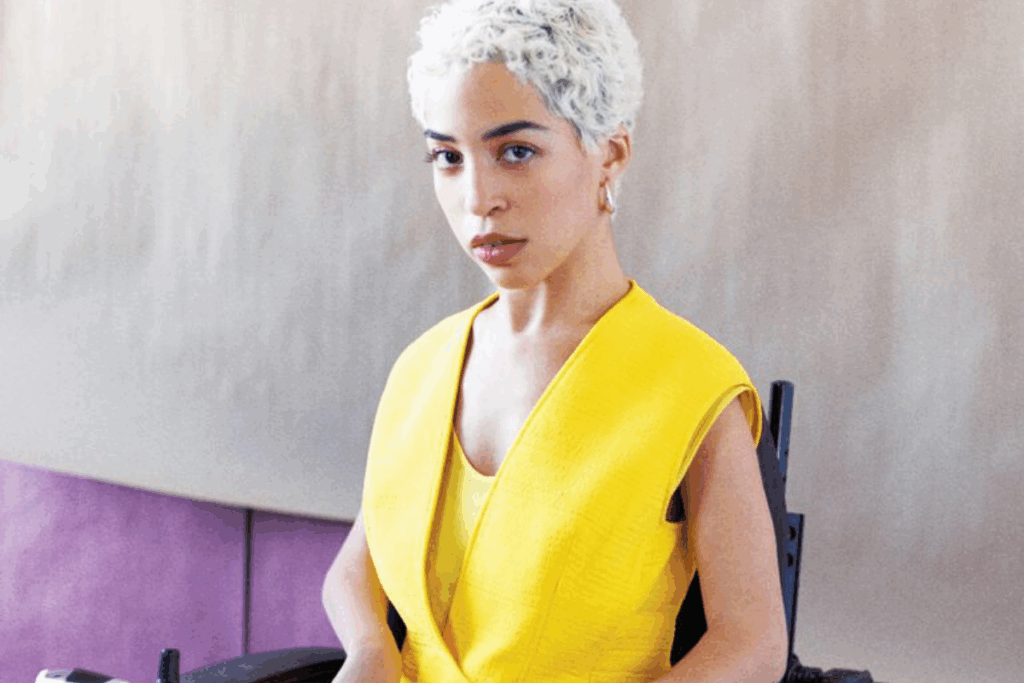Hispanic Heritage Month: Celebrating Jillian Mercado
September 15th through October 15th is Hispanic Heritage Month, a time to honor and explore the rich histories, cultures, and immense contributions of this diverse community. This month, we’re highlighting Jillian Mercado, an Afro-Dominican American model, actress, and strong disability advocate who has created shifts in how we see style, beauty, and strength in media.
Born in New York to Dominican parents, Jillian Mercado grew up loving fashion. However, she rarely saw anyone who looked like her represented on the runways or in glossy magazines. Jillian has Spastic Muscular Dystrophy and uses a wheelchair. While industry figures initially saw this as a limitation, Jillian powerfully transformed it into her greatest source of visibility.

After attending the Fashion Institute of Technology and working behind the scenes, Jillian made the choice to step in front of the camera. Her career took off in 2014 when she was featured in a high-profile campaign for the designer denim brand Diesel. This wasn’t just a single moment; it was a door-opening event that led to her signing with a major modeling agency and securing global campaigns.
Her work didn’t stop at modeling. Jillian has since graced the covers of publications like Teen Vogue and Glamour UK, and famously landed a starring role as Maribel on the Showtime series The L Word: Generation Q.
Jillian Mercado’s impact is important because she shifted narrow standards of beauty and ability that dominate media today. Her visibility proves, unequivocally, that consumers want to see diversity in all forms. By consistently appearing in high-profile campaigns, she shattered stereotypes and shifted the conversation from one of “disability inclusion” to simple, undeniable representation.
As an Afro-Latina woman who is a wheelchair user, Jillian powerfully uses the force of her combined identity to drive change. She insists that true inclusion must embrace the full, layered experience of a person. She actively uses her platform to confront the ableism that often hides in creative industries, fighting for better accessibility and powerful visibility for all disabled people of color.
She never views her wheelchair as a constraint; instead, she sees it as an extension of herself and an important component of her power. This perspective is vital, moving the entire conversation away from pity or “inspiration-porn” and toward genuine respect, self-acceptance, and belonging.
Jillian Mercado’s journey demonstrates that strength and influence emerge when we embrace our full selves without compromise. She continues to inspire a new generation of disabled, Latinx, and Black artists to demand their seat at every table, making the world more colorful, accessible, and truthful in the process.
